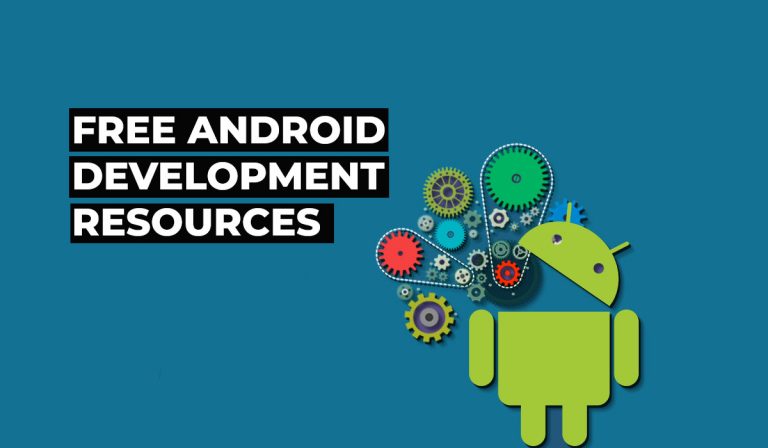Android was initially released on September 23, 2008, is a mobile operating system developed by Google. It is based on a modified version of the Linux kernel and other open source software and designed primarily for touchscreen mobile devices like your ever trusted smartphones and tablets. Furthermore, variants of Android are also used on game consoles, digital cameras, PCs and other electronics commonly used by humans nowadays.
It has been proved that Android is by far the most popular mobile operating system in the world. During the span of three years (2014 to 2017) the applications that be downloaded to Google Play Store has more than doubled. These go to show that Android OS really provided the best platform for developers to bring their ideas into realities in creating apps that can be used on Android devices. A great part of the population is using Android, that is why the more people can be reached through these apps.
If you want to become an Android developer or already a developer, I’m going to mention top 5 free Android development resources on the Internet. Additionally, you can also read my article on How to become a good android developer.
Contents
1. XML Basics
This is for the people who are just starting out with their first Android app. The XML Basics resource on the XML News website is right for you. This is important to read most especially to the beginner Android developer. This resource provides you a comprehensive one-page walkthrough on the structure of an XML document. XML is defined as the markup language that you can use to describe things when building your Android app while the XML code will define how the user interface looks.
2. A Beginner’s Guide to HTTP and REST
If you want to develop an Android application, it is a good idea to include the ability for that app to make calls to APIs provided by other web services. For an instance, some apps use API calls to Facebook. This allows the users to upload their own photos from their Facebook profiles. In order to achieve this to web services like Facebook or Twitter when designing your Android app, you will need to understand a bit about HTTP and REST.
HTTP is the one that provides the foundation for communicating data over the web. On the other hand, REST gives you a way to organize interactions between your app and another independent system, like Facebook. This tutorial on Envato Tuts+ provides what you need to know about HTTP and REST including the syntax and codes.
3. JAVA PROGRAMMING by Derek Banas
Derek Banas created various helpful java programming techniques on YouTube (34-minute Youtube Java tutorial) and Java cheats sheets on his website, New Think Tank. If you want to create Android applications, always bear in mind that you need to have knowledge of Java because it is the traditional primary Android development language.
4. Oracle Java Tutorials
The official Java tutorials by Oracle may not be as interactive as some other options, but they provide the latest and fullest information about the language. The Java Tutorials are practical guides for programmers who want to use the Java programming language to create applications. They include hundreds of complete, working examples, and dozens of lessons. Groups of related lessons are organized into “trails”. By the way, who is better suitable to teach Java than the people who make it?
5. How to Master Android By Aditya Roy
Sure thing, one of the best ways to improve your programming is to read and analyze others’ works. It could be through some examples of high-quality code implemented in various Android applications. Aritra Roy, an Android developer has provided a code sample of 21 high-quality apps in this article. This is a very useful article that collates 21 different Android applications, ranging in coding complexity from beginner to advanced.
Conclusion
All the things that you can get for free means a lot to an Android Developer. Anything that can give examples of how to do things and how you can start or where you can start will be a great help in building an application to their Android phones or tablets. Nevertheless, the value of their output is priceless regardless if they paid for the resources they used or not.

